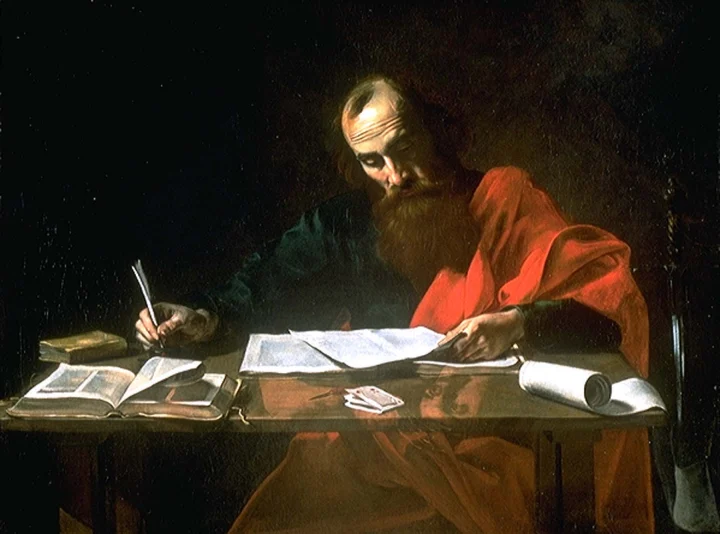SCRIPTURE READING
DEVOTIONAL THOUGHT
Lord Acton famously remarked, “Power tends to corrupt, and absolute power corrupts absolutely.” If that is true, then why in Ephesians 3.14–19 does Paul pray that we might experience more power? Wouldn’t an experience of greater power be spiritually corrupting? Absolutely not! The kind of power Paul has in mind does not corrupt and debase; it purifies and ennobles.
Take a close look at Paul’s prayer:
For this reason I bow my knees before the Father, from whom every family in heaven and on earth is named, that according to the riches of his glory he may grant you to be strengthened with power through his Spirit in your inner being, so that Christ may dwell in your hearts through faith—that you, being rooted and grounded in love, may have strength to comprehend with all the saints what is the breadth and length and height and depth, and to know the love of Christ that surpasses knowledge, that you may be filled with all the fullness of God.
Several things stand out to me about this prayer:
The logical connection between power and grace. In Ephesians 2, Paul wrote about that gospel under five headings: sin (verses 1–3), grace (verses 4–7), faith and works (verses 8–10), peace (verses 11–18), and the church (verses 19–22). In Ephesians 3.1, he writes, “For this reason,” but then interrupts his line of thought in order to talk about the divine origin of the gospel (verses 2–6) and his special role in evangelizing the Gentiles (verses 7–13). Only in verse 14 does he resume his original line of thinking. “For this reason” alerts us to the logical connection in Paul’s mind between grace and power.
The Fatherhood of God as the source and norm of power. “I bow my knees” is a marvelous picture of humble prayer. We do not stand in God’s presence as equals demanding our rights. We kneel as sinful sons and daughters requesting the blessings of our forgiving Heavenly Father. Paul goes on to describe God as “the Father, from whom every family in heaven and on earth is named.” All power flows from God to us, and it is a blessing only when used as God designed it to be used.
The concern for vital Spirituality. The power Paul asks God for comes “through his Spirit in your inner being.” In other words, you cannot have the power God wants you to have unless you first have an ongoing relationship with him. And the power God wants you to have is not primarily about your external circumstances but about your internal character. Power tends to corrupt precisely because our desire to master our circumstances far outstrips our ability to master ourselves.
Christlikeness as the ultimate purpose of power. Notice two key phrases: “so that Christ may dwell in your hearts through faith” and “that you may be filled with all the fullness of God.” The power Paul prays for is the power of Jesus Christ, who “came not to be served but to serve, and to give his life as a ransom for many” (Mark 10.45). We operate most in God’s power when we use it for others, just as Christ used his power for our salvation.


